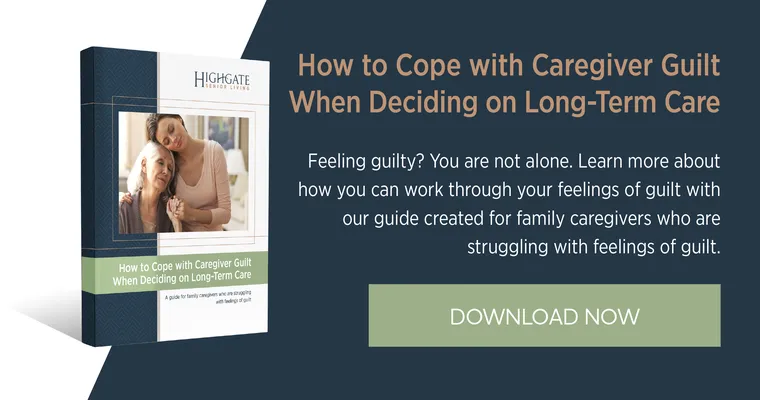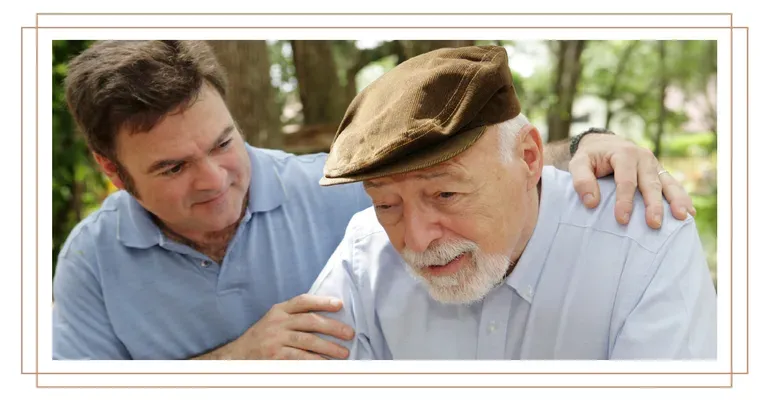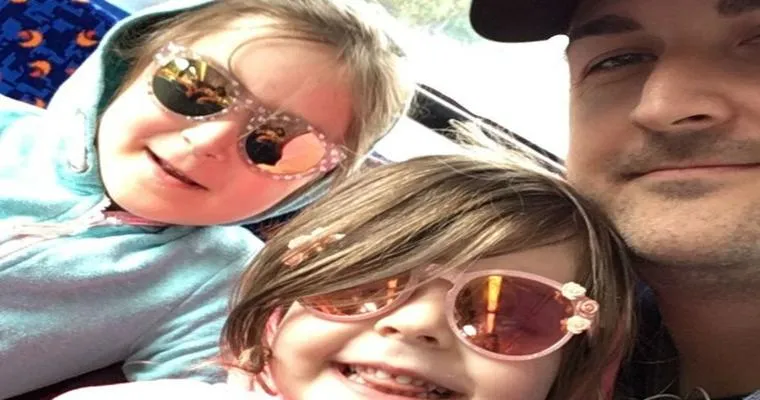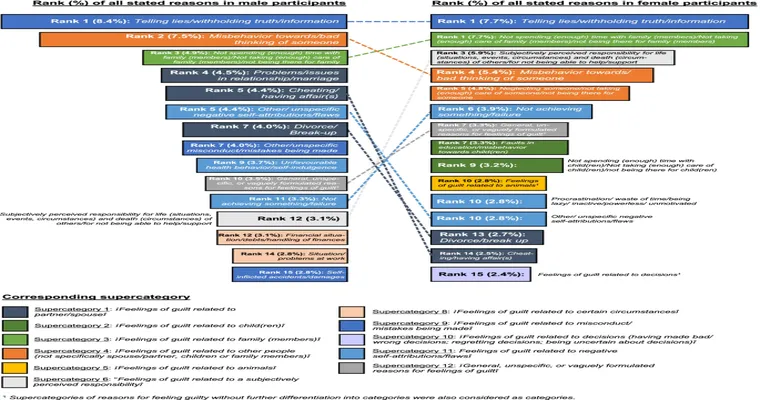Caring for "elderly parents" can be a rewarding yet challenging experience, often accompanied by feelings of "guilt" and self-doubt. As a caregiver, you may find yourself questioning whether you are doing enough or if you are making the right decisions for their well-being. This "caregiver guilt" can lead to stress and burnout, making it essential to address these feelings and find effective strategies to cope.
Understanding the roots of caregiver guilt is the first step towards alleviating it. Many caregivers feel they should be doing more for their elderly parents, whether that means spending additional time with them, managing their healthcare needs better, or providing emotional support. These feelings can be exacerbated by societal expectations and personal beliefs about family responsibility. However, it is crucial to recognize that feeling guilty does not equate to being a bad caregiver. Instead, it reflects your deep care and concern for your loved ones.
One effective way to combat caregiver guilt is to set realistic expectations for yourself. Understand that no one can do it all, and it is okay to acknowledge your limitations. By setting boundaries and recognizing that you cannot be available 24/7, you can relieve some of the pressure you place on yourself. Consider creating a schedule that includes time for your own needs, whether that means taking a break, engaging in hobbies, or spending time with friends.
Another helpful strategy is to practice self-compassion. Remind yourself that you are doing the best you can under the circumstances. Take a moment to reflect on your efforts and the love you provide to your elderly parents. Engaging in positive self-talk can help you shift your focus from guilt to gratitude for the time and care you are able to offer.
Additionally, seeking support from others can be invaluable. Join caregiver support groups where you can share your experiences and learn from others who are in similar situations. Talking with friends or family members can also provide you with a fresh perspective and emotional support. Remember that you do not have to navigate this journey alone.
Educating yourself about the aging process and the specific needs of your elderly parents can also help ease feelings of guilt. The more you understand their condition and what they require, the more confident you will feel in your caregiving abilities. This knowledge can empower you to make informed decisions, ultimately reducing the anxiety that often accompanies caregiver guilt.
Finally, it is essential to recognize the importance of your own well-being. Prioritizing self-care is not a sign of selfishness; it is a necessity. Taking care of your physical and emotional health enables you to be a more effective caregiver. Make time for activities that rejuvenate you, whether it be exercising, meditating, or simply enjoying a good book.
In conclusion, caregiver guilt is a common experience among those caring for elderly parents, but it does not have to control your life. By setting realistic expectations, practicing self-compassion, seeking support, educating yourself, and prioritizing self-care, you can alleviate feelings of guilt and embrace the caregiving journey. Remember, you are doing your best, and that is enough.





